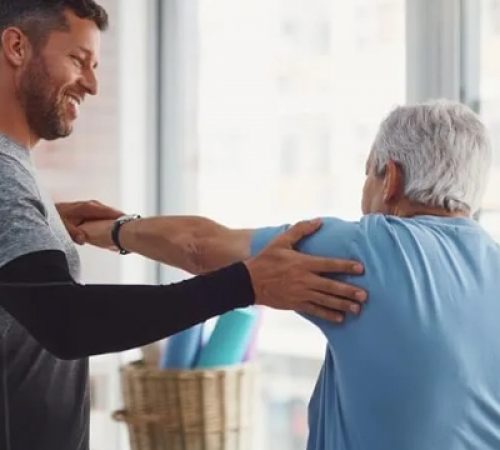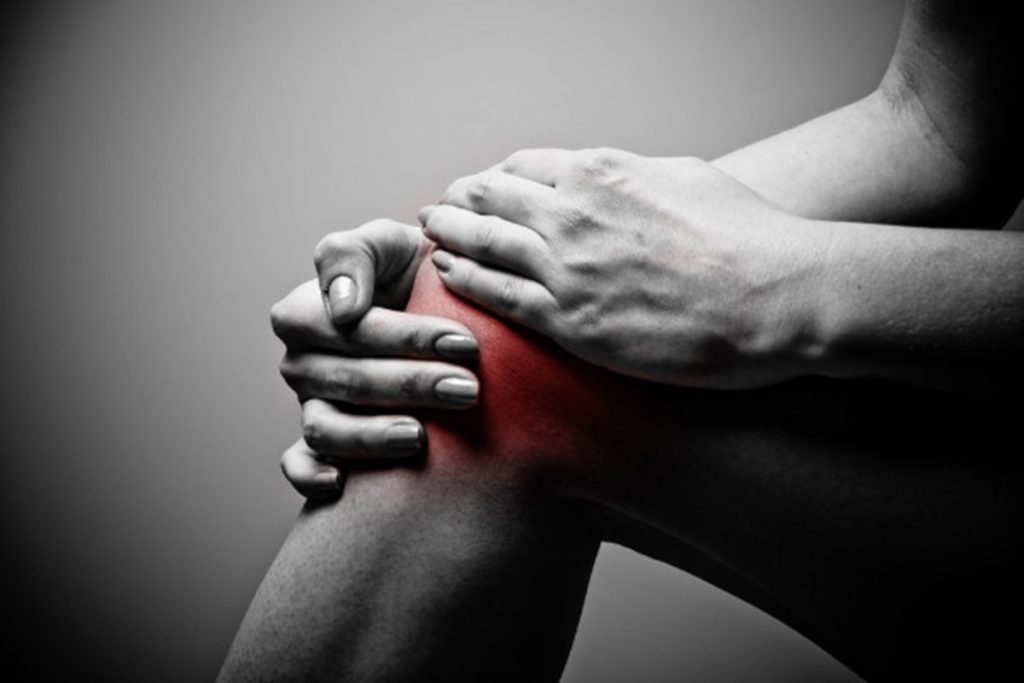The OneRehab Oncology Therapy
Cancer Rehab Services
- Physical Therapy
- Occupational Therapy
- Speech Therapy
- Lymphedema Management
Cancer rehabilitation helps patients before, during, and after treatment. It provides comprehensive care, restores, and maintains a patient’s well-being. It also focuses on emotional health.
We develop custom programs to address a wide range of symptoms and diagnoses for each type of cancer. Our knowledgeable team of oncology therapists works with individuals and physicians in charge of their care to address the patient’s condition.

Patient Well-being is Our Primary Concern
Give us a call today at 972-845-7875 to get involved in our group outreach programs.
Oncology Physical Therapy
Cancer patients have multiple problems that include muscle weakness, fatigue, pulmonary dysfunction, and pain. As patients continue with treatment, they tend to have reduced daily living activities, which affects their quality of life.
Also, patients battling cancer can experience depression, anxiety, and other progressive conditions. Oncology physical therapy is crucial to help patients improve their strength and regain physical function, which leads to improved quality of life.
Patients who have gone through treatment and those continuing with treatment greatly benefit from physical therapy. We help create a custom-designed therapy program for cancer patients that manages the condition and medication effects.
Our leading team provides physical therapy, which assesses the treatment program. The exercises help with weakness, joint stiffness, soft tissue tightness, fatigue, or edema.
Physical therapy-led exercise keeps cancer patients active, which improves their quality of life. Activities such as stretching and aerobic exercises allow patients to regain their strength, improve functioning, and gain independence lost due to cancer or its treatment.
Our team is unmatched, and it includes pre-operative, acute care, post-operative, and rehabilitation experts who walk with the patient throughout the process. We formulate an individualized therapy program based on the type of cancer and the effects on the patient.
Cancer Occupational Therapy
Occupational therapy is an essential part of comprehensive care for patients with or recovering from cancer. Patients having difficulties engaging in their valued occupations can benefit from occupational therapy. We have the best occupational therapists who help assess functional and occupational complications about cancer and its treatment.
Oncology rehabilitation aims to help patients regain their maximum physical, psychological, vocational, and cognitive function. Occupational therapy is holistic in this attempt. It uses training in daily activities, assistive devices, and education to help manage treatment-related issues such as fatigue, nausea, and pain.
Our oncology therapists are also knowledgeable about cancer’s side effects and its treatment. Their goal is to improve a patient’s quality of life by facilitating physical, emotional, social, and cognitive needs.
In occupational therapy, the care focuses on:
- Controlling symptoms
- Activity training
- Cognitive training
- Motor training
- Client education
- Vocational rehabilitation
- Sensory training
Speech Therapy for Cancer Patients
Patients with cancer affecting the head or neck can require additional speech therapy to regain communication skills or swallowing. When talking and swallowing are affected, it can change a person’s life and ability to function.

Goals for Speech and Swallowing Rehabilitation
- Achieving the best outcome and improving quality of life
- Recognizing and carrying out interventions most effective in the treatment
- Offering support to patients
Our skilled speech therapy experts provide techniques helping with projection, voice pitch, vocal hygiene, and amplification. Patients who experience swallowing difficulties can also benefit from therapy to help assess and offer the best possible intervention techniques.
- Postures that help reduce aspiration, such as turning the head or a chin tuck.
- Maneuvers such as Mendelsohn or supraglottic swallow
- Diet modifications to address texture issues
If you are looking for oncology physical therapy near me, our stellar speech therapists use various tests to assess a patient’s ability to swallow. Our program can also help if:
- you have trouble with the quality of your vocals
- your jaw movement is limited
- you have trouble with words formation
- concentration or memory is a challenge
Lymphedema
Presently, there is no cure for lymphedema. The condition’s symptoms include swelling on the arm or leg or the fingers or toes, discomfort or aches, restricted range of motion, and many more.

Lymphedema Management
Exercising the affected limb can encourage the lymph fluid to drain. It also helps in preparing one to carry out everyday chores. Our oncology physiotherapist helps create a supervised exercise program that helps in managing this condition. We also teach patients the recommended exercises as they need not be strenuous.
We also help teach patients how to wrap their legs or arm, which encourages the nodes’ fluid to flow back. The correct way involves tying the bandages tightly around the toes or fingers and loosely as it moves up the leg or arm.
Our Lymphedema therapist can advise on the correct compression garment. They can also teach you specific techniques for putting them on or removing them.



